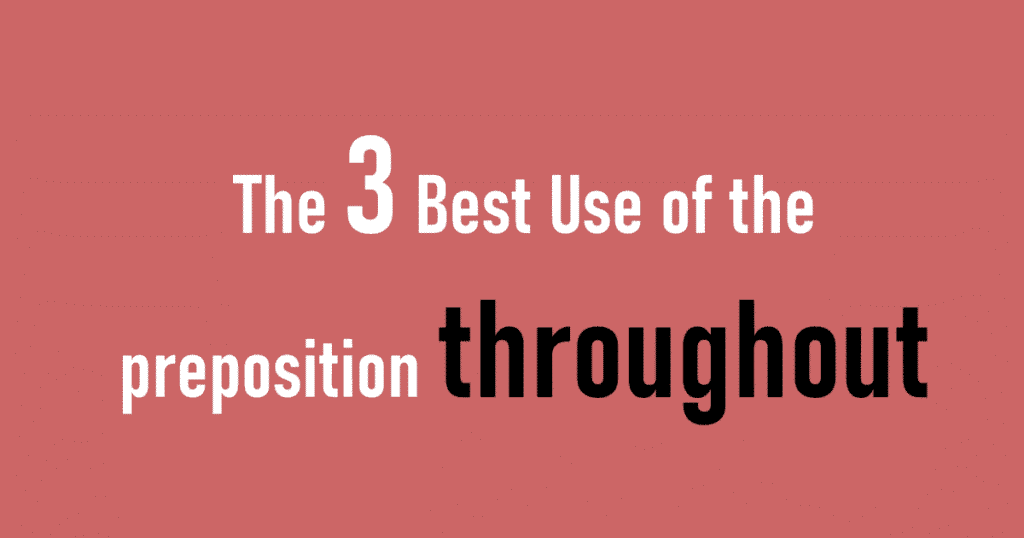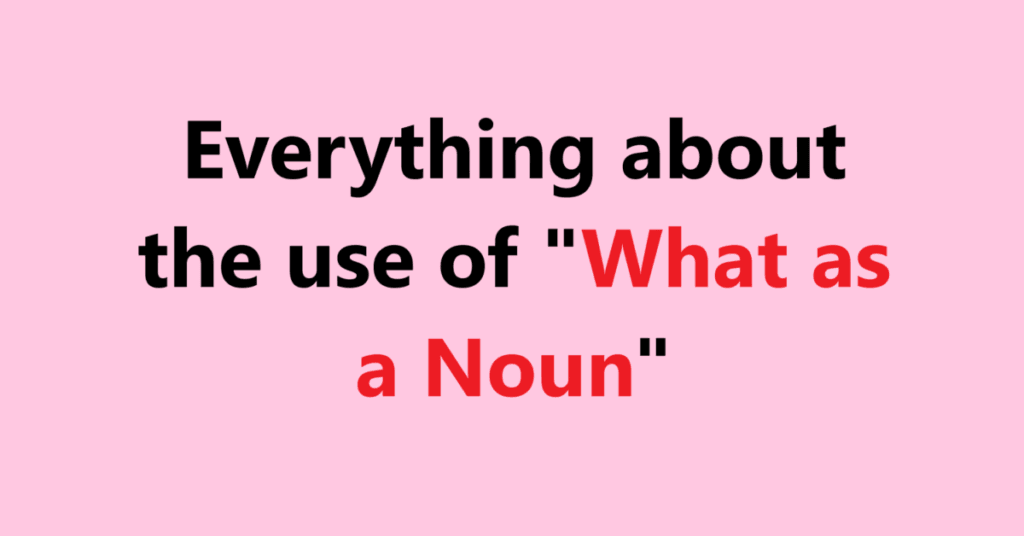Conjunctions
What Are Conjunctions?
Conjunctions are used to express relationships between things in a sentence, link different clauses, and combine sentences.
A conjunction is a linking word such as and, or, but. Conjunctions are used to connect words or sentences.
Examples:
- a cat and its kittens
- a builder and his tools
- a doctor and a nurse
- slow but steady
- sweet or sour?
- a male or a female?
- A horse, a zebra, or a donkey?
- Suresh has a dog, a parrot, and a cat.
Types of Conjunctions
There are three main types of conjunctions: coordinating, subordinating, and correlative.
Coordinating Conjunctions
A coordinating conjunction is a short word used in a sentence to link or join two or more words, phrases, or clauses with equal grammatical and syntactic importance.
The most common conjunctions are the coordinating conjunctions: and, but, or, yet, for, so, and nor.
Examples:
- I like to run and swim.
- Neela and Teela are coming to the party.
- He ran, swam, and played with the other children.
- Her beautiful long hair and dark brown eyes caught their attention.
- Do you want pepperoni or anchovies on your pizza?
- Would you like the chicken, the mutton, or the meat?
- Which sport do you think is more exciting, football or hockey?
- We can go to the movies tonight or hang out at home.
- The movie was depressing yet uplifting at the same time.
- It’s poured rain all day, yet they haven’t canceled the football game.
- I am a big fan of playing sports but not watching them.
- It was raining, so I took an umbrella.
- We went for a hike, but I didn’t bring the right shoes.
- Reena and Teena went up the hill.
- The water was warm, but I didn’t go swimming.
- I like tea and coffee.
- I like coffee but Sam likes tea.
- I want to go shopping but I can’t.
- He was upset but didn’t cry.
- I would love to travel more, but I just don’t have the time.
- He didn’t come to the party, because he felt sick.
- I wish you had been there, for we had a wonderful time.
- He was exhausted, so he went to bed early.
- She was the most qualified candidate, so we gave her the job.
- He’s been working harder lately, so his grades are improving.
- He doesn’t like football, nor does he enjoy hockey.
- I’ve never seen that movie, nor do I want to see it.
- She hasn’t been to Paris, nor has she traveled to Rome.
Subordinating Conjunctions
Subordinating conjunctions connect a subordinate clause to an independent clause.
Subordinating conjunctions are used to create complex sentences containing one independent clause, or main clause, and one dependent, or subordinate, clause.
Here are some common subordinating conjunctions:
after, although, as, because, before, how, if, once, since, than, that, though, till, until, when, where, whether, while, whenever, unless, even though, even if, as though, as long as, now that, provided
Examples:
- I went to the supermarket since we were out of milk.
- Although it was raining, I didn’t take an umbrella.
- Even though she didn’t like pepperoni, she still ate the pizza.
- I went to work in spite of being sick.
- The project was successful as you all worked very hard.
- The project was successful because you all worked very hard.
- My brother worked really hard, while I didn’t make much of an effort.
- I will buy you a pizza if you help me move my furniture.
- I was sleeping when the phone rang.
- I went shopping after I finished work.
- You can borrow my jacket until I need it.
- Call me whenever you get home.
- Even though she had paid all the bills, the system showed that she had some due payments to be made.
- As soon as Banita reached home, she called to let me know.
- Before you make a decision, just take a second opinion.
Correlative Conjunctions
Correlative conjunctions, or paired conjunctions, are sets of conjunctions that are always used together.
correlative conjunctions used to combine two phrases or parts of the sentence which have equal importance within a sentence.
Some of the most common correlative conjunctions are:
- both … and
- either … or
- just as … so
- neither … nor
- not … but
- not only … but also
- whether … or
- No sooner…than
- Rather…than
- Such…that
- Scarcely…when
- As many/much…as
Examples:
- This house is both large and cozy.
- She both cleaned her room and washed the dishes.
- Both my mother and my father are bookworms.
- Both Bindu and Teena liked the movie.
- Either you learn how to do it, or you will have to face the consequences.
- I want to paint the house either white or green.
- Let’s either go swimming or go shopping.
- Either your father will pick you up, or you’ll get a ride home with a friend.
- Just as I love films, so does my brother love sports.
- Just as Americans love baseball, so do Europeans love soccer.
- Just as Hindi is spoken in India, so is English spoken in England.
- Neither Sunita nor her friends make it to the event.
- I have neither the time nor the patience for silly TV programs.
- Neither Radiya nor Kamal enjoys playing basketball.
- Neither does he understand nor does he care.
- He’s not happy but thrilled!
- She did not like it but loved her new earrings.
- Not just one friend turned up to help, but the entire team arrived.
- Not only did they block the road, but they also kept shouting slogans.
- This house is not only large but also cozy.
- She not only cleaned her room, but she also washed the dishes.
- Not only is she an award-winning singer, but she also runs a track.
- I don’t know whether the white paint or the green paint is better.
- He’s not sure whether he’ll be able to attend the game or not.
- Whether we stay home and eat a pizza, or we go out and watch a film, I’m
sure, we’ll have a good time. - I’m going to help you whether you like it or not.
- Sunil was saying that he was not sure whether he should stay back tonight or leave home immediately.
- No sooner did my mom complete all the kitchen work than she started cleaning the house.
- He’d rather do something useful than waste time on this.
- My cousin did such a stupid thing that everyone mocked him.
- Naresh had scarcely left work when his boss called and had to go back into the office again.
- There are as many spoons as there are forks.

